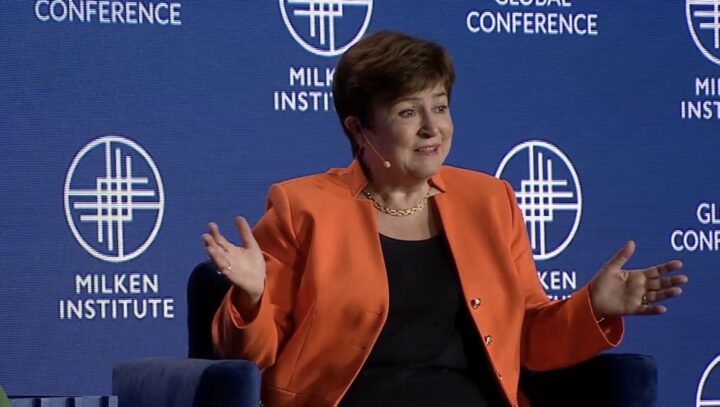The federal government has increased the excise duty rate on beer and stout by 87.50 percent to N75 per litre in 2023, from N40 per litre in 2022.
The federal government also introduced an ad valorem rate of 20 percent on the products.
Ad valorem rates are charged based on the estimated value of the goods being taxed, rather than a fixed rate.
The essential characteristics of an ad valorem tax, which is charged annually, is that it is proportional to the value of the underlying asset.
Advertisement
The tax adjustments are contained in the new fiscal policy measures (FPM) of the federal government, outlining the rates of excise duties for the current year.
Excise duty is a form of tax imposed on the production, licensing, and sale of goods.
The new FPMs — approved by President Muhammadu Buhari — include supplementary protection measures (SPM), revised excise duty rates, and green taxes.
Advertisement
According to a recent circular signed by Zainab Ahmed, minister of finance, budget, and national planning, the 2023 policy measures will replace the 2022 FPMs.
The revised excise duty rates are additional taxes imposed on alcoholic beverages, cigarettes, and tobacco products.
According to the circular, the government also imposed an ad valorem rate of 30 percent on alcoholic wines in 2023, compared to 20 percent in 2022; and a specific excise duty rate of N75 per litre — up 50 percent — from N50 per litre in 2022.
On spirits (whisky, brandy, vodka, and rums) the ad valorem rate rose to 30 percent in 2023, from 20 percent in 2022.
Advertisement
The actual excise duty rate on spirits also increased to N150 a litre in 2023 — a 200 percent hike from N50 per litre in 2022.
Cumulatively, a tariff of N300 a litre will be charged for the alcoholic beverages (beer, wines, and spirits) in the year.
This represents a 114.29 percent surge from N140 a litre in 2022.
According to the government, the new rates will take effect from June 1, 2023, and will be revised upwardly by June 1, 2024, in tandem with the current implementation period.
Advertisement
Meanwhile, stakeholders have called the government’s attention to flaws in the new 2023 fiscal policy guidelines.
The Manufacturers Association of Nigeria (MAN) had said the new FPMs will likely cause illicit trade, capacity underutilisation, and layoffs in the industry.
Advertisement
On his part, Taiwo Oyedele, Africa tax leader at PricewaterhouseCoopers (PWC), had said “what the industry needs from the government at this time is enabling policies, not additional tax burden”.
Advertisement
Add a comment






